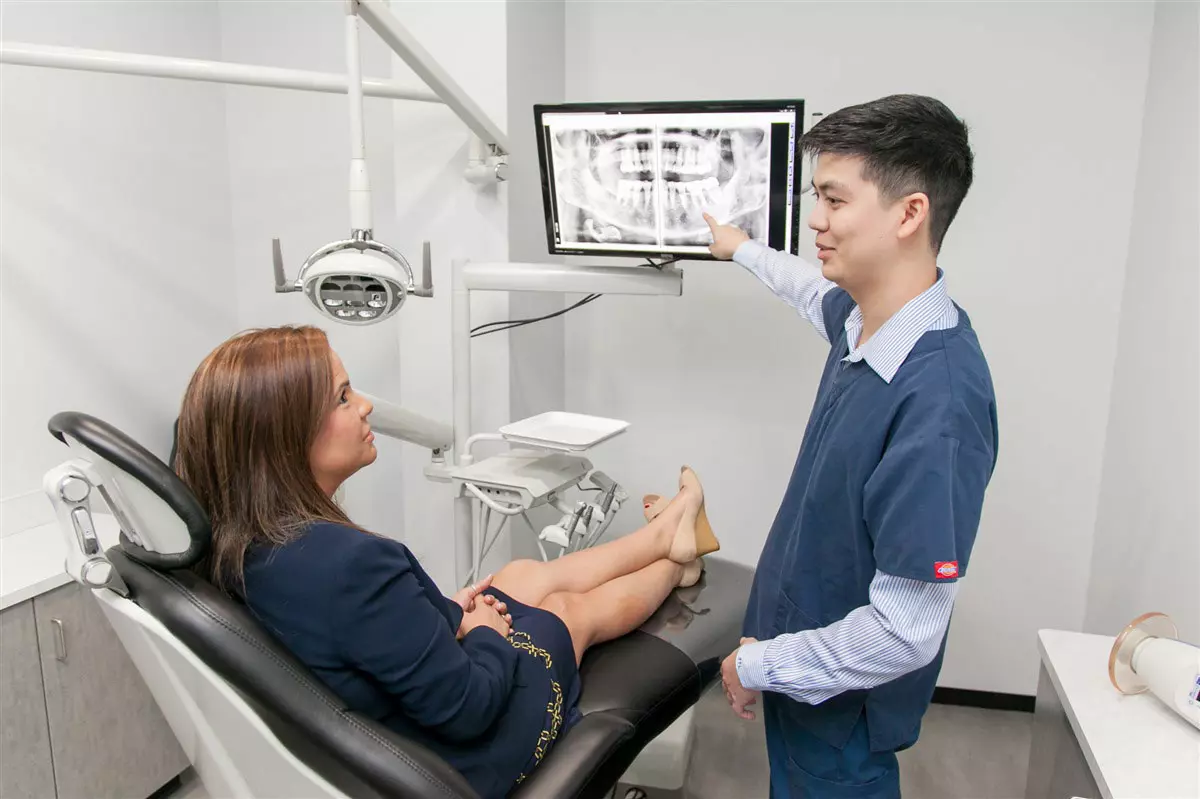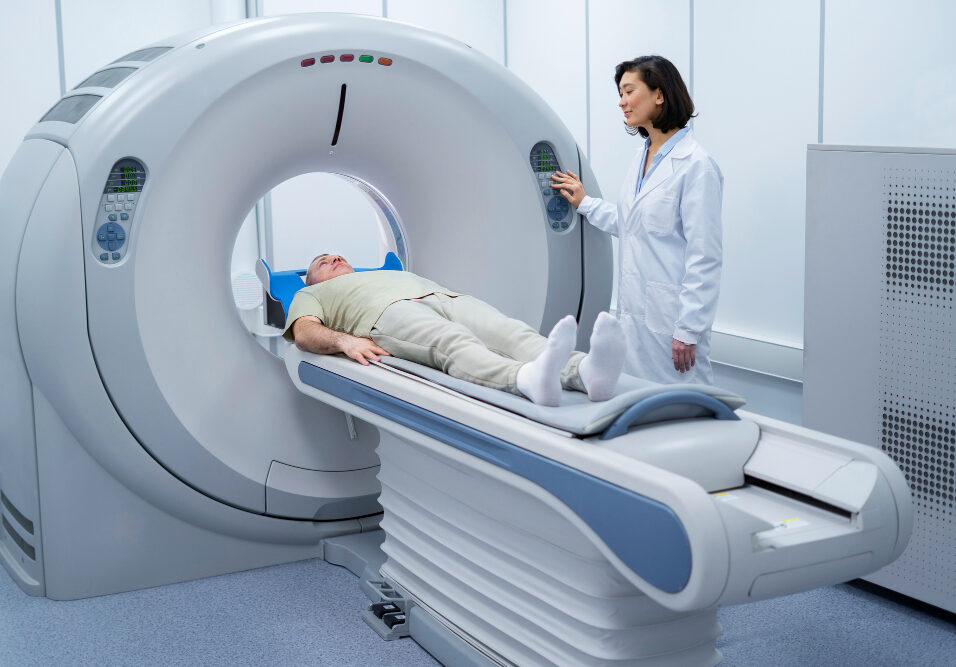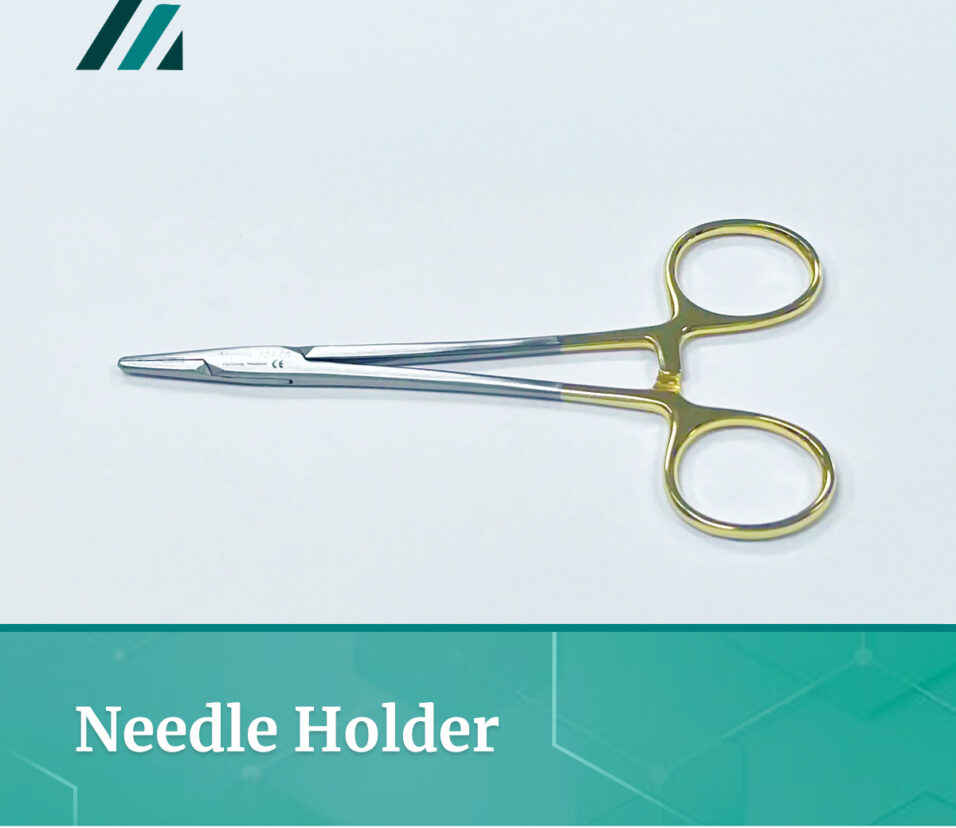How Do You Know If You Need Wisdom Teeth Removal?
Wisdom teeth, also known as third molars, typically emerge between the ages of 17 and 25. These are the last set of molars at the very back of your mouth, and not everyone develops them. While some individuals have enough space in their jaws to accommodate wisdom teeth, many do not, leading to potential dental issues.
Wisdom teeth removal is a common dental procedure often performed when these molars grow in improperly or become impacted. An impacted wisdom tooth is one that fails to fully emerge through the gums due to lack of space, abnormal growth direction, or obstruction by nearby teeth. If left untreated, impacted wisdom teeth can cause pain, swelling, infection, and even damage to surrounding teeth.
When Should You Start Monitoring Your Wisdom Teeth?
It’s important to start monitoring your wisdom teeth during your late teens or early twenties. At this stage, a dentist can use X-rays to evaluate how the teeth are developing and whether they are likely to cause problems. Wisdom teeth removal is often recommended before these molars begin to cause noticeable issues.
Do you want to visit Char Dham? Char Dham Travel Agent is the best place to plan your Char Dham tour. You can book the tour from here.
Early monitoring helps prevent complications such as tooth crowding, infection, or cyst formation. If a dentist suspects your wisdom teeth may not have room to grow properly, they might suggest tooth extraction even before any symptoms appear.
What Are the Signs That You Might Need Wisdom Teeth Removal?
Here are several common signs that may indicate it’s time to consider wisdom teeth removal:
- Pain or Discomfort: Persistent pain in the back of your mouth, especially behind your molars, could be due to impacted or erupting wisdom teeth.
- Swollen Gums: If you notice redness, swelling, or tenderness near your back molars, it could be due to wisdom teeth pushing against your gum tissue.
- Jaw Stiffness or Difficulty Opening Your Mouth: This can happen when wisdom teeth are improperly aligned or pressing against nerves or other teeth.
- Bad Breath or Unpleasant Taste: Partially erupted wisdom teeth can trap food and bacteria, causing bad breath or a foul taste in your mouth.
- Shifting Teeth or Crowding: If your other teeth start shifting out of place, your wisdom teeth could be exerting pressure on them.
- Infection or Cysts: Impacted wisdom teeth may cause gum infections or cysts that damage surrounding tissues or bone.
If you experience any of these symptoms, it’s best to consult a dentist immediately for an evaluation. Ignoring the signs could lead to more serious dental problems.
Would you like to visit Indiar? A tour operator in India is the best place to plan your tour. You can book a tour from here.
Can You Keep Your Wisdom Teeth If They Aren’t Bothering You?
Not all wisdom teeth need to be removed. In some cases, they emerge fully and align correctly without causing any pain or damage. However, even asymptomatic wisdom teeth can pose a risk. They may develop cavities, become infected, or crowd your other teeth over time.
That’s why regular dental checkups are essential. A dentist can monitor your wisdom teeth with X-rays and recommend whether preventive tooth extraction might be beneficial in the long term.
Why Is Wisdom Teeth Removal Often Recommended?
Wisdom teeth removal is often a preventive measure to avoid future dental problems. Here are some reasons why dentists commonly recommend this procedure:
Would you like to visit Haridwar? Travel agents in Haridwar are the best place to plan your trip. You can book your tour right here.
- Prevent Crowding: Removing wisdom teeth early helps preserve the alignment of your other teeth, especially if you’ve had orthodontic treatment.
- Avoid Infections: Impacted or partially erupted wisdom teeth can create pockets where bacteria thrive, leading to gum infections or abscesses.
- Reduce Risk of Tooth Decay: Wisdom teeth are difficult to clean due to their location. This increases the risk of tooth decay and gum disease.
- Prevent Cyst Formation: Cysts and tumors may form around impacted wisdom teeth, potentially damaging the jawbone and nearby teeth.
By opting for wisdom teeth removal before complications arise, you can often enjoy a smoother recovery and better long-term oral health.
What Does the Tooth Extraction Process Involve?
The process of wisdom teeth removal typically begins with a consultation and dental imaging. If your dentist or oral surgeon recommends extraction, the procedure may be scheduled at your convenience.
Here’s a breakdown of the tooth extraction process:
- Anesthesia: The procedure is usually performed under local anesthesia, sedation, or general anesthesia, depending on the complexity of the case.
- Removal: The oral surgeon makes an incision in the gum if the tooth is impacted, removes the tooth, and may stitch the area to promote healing.
- Recovery: Most patients experience some swelling, mild discomfort, and limited jaw movement for a few days. Following your dentist’s post-operative instructions helps ensure a smooth recovery.
Tooth extraction can vary in difficulty depending on whether the tooth has fully erupted or is impacted. A straightforward extraction takes less time and typically has fewer complications than the removal of deeply impacted teeth.
How Long Does It Take to Recover After Wisdom Teeth Removal?
The recovery period for wisdom teeth removal generally lasts about one to two weeks. The first 48 to 72 hours are crucial for managing swelling and pain. Your dentist will likely recommend rest, a soft-food diet, and avoiding strenuous activities.
Here are a few recovery tips:
- Use ice packs to reduce swelling.
- Take prescribed pain relievers or over-the-counter medication as directed.
- Avoid straws, smoking, and alcohol, as these can disrupt healing.
- Keep the extraction site clean, but avoid vigorous rinsing.
Most people return to their normal activities within a few days, although complete healing of the extraction site may take several weeks.
What Are the Risks of Avoiding Wisdom Teeth Removal?
Avoiding necessary wisdom teeth removal can lead to serious oral health problems. Here are some potential risks:
- Severe toothache or jaw pain
- Infections that spread to other parts of the mouth
- Damage to adjacent teeth or dental work
- Formation of cysts or tumors
- Tooth decay and gum disease near the wisdom teeth
Postponing tooth extraction can make the procedure more complex and increase the chances of complications. Proactive care often results in better outcomes and a faster recovery.
Is Wisdom Teeth Removal Covered by Insurance?
In many cases, wisdom teeth removal is considered a medically necessary procedure and may be partially or fully covered by dental insurance. Coverage typically depends on your insurance provider, the complexity of the procedure, and whether you are referred to a specialist.
It’s a good idea to contact your insurance company ahead of time to understand your benefits. Your dental office may also help you check eligibility and provide a treatment estimate.
Conclusion: Should You Schedule a Consultation?
If you’re experiencing pain, swelling, or signs of impacted wisdom teeth, don’t wait until it becomes a dental emergency. Wisdom teeth removal is a safe and effective way to maintain long-term oral health and prevent future problems. Whether you’re noticing symptoms or simply want peace of mind, scheduling a dental consultation is the first step toward a healthier smile.
Tooth extraction may sound intimidating, but with the right dental care team, you can rest assured the process will be as smooth and comfortable as possible. Proactive evaluation today could save you from painful complications tomorrow.






